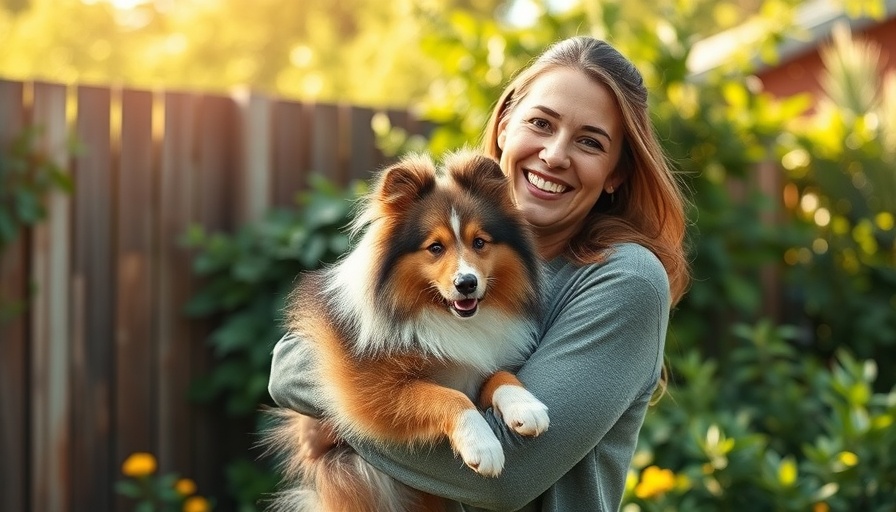
When Pets Go Wild: The Unseen Risks of Household Hazards
The story of a dog experiencing a drunken state after eating a dead cat sheds light on the unusual yet pressing issue of pet poisonings. As animal companions often explore their surroundings with a curious tongue, they can inadvertently consume hazardous items, leading to distressing situations for their owners. In the realm of pet ownership, ensuring that our furry friends are safeguarded from poisonings is paramount.
Understanding the Scope of Poisoning Cases
Taking heed from the experiences shared by the Veterinary Poisons Information Service (VPIS), a staggering number of 25,000 annual calls relating to pet poisonings highlight the frequency of such incidents. Services like the Animal Poison Line serve as critical lifelines for pet owners, addressing a variety of cases, from dogs munching on slug pellets to cats downing potentially harmful chemicals. This unique service not only assists individual pet owners but contributes to the collective knowledge surrounding pet safety.
Not Just Dogs: A Wider Spectrum of Pet Poisonings
The numbers reveal a striking fact: 86% of the calls received concern dogs, while feline-related inquiries account for about 13%. As devoted pet owners like lawyer Chris Dahil recount their experiences with toxic substances, it’s critical to remember that pets—from birds to rabbits—can all be vulnerable to poisoning. Effective preventative measures can significantly reduce panic-inducing situations.
Expanding Access to Pet Safety Information
Established in 1992, the VPIS emerged from the need for a dedicated pet poison center within the UK. Today, it stands as the foremost resource for tackling animal poison inquiries. This enrichment of accessible veterinary knowledge not only reassures pet owners but also empowers them to take immediate action in emergencies. Understanding common household items that can pose threats to pets is just the beginning of cultivating a safe environment.
Real Stories: Lessons Learned from Pet Poisonings
Consider the tale of a farmer who mistakenly dosed his calves with floor cleaner rather than worm treatment, a situation that highlights the often devastating consequences of mix-ups in animal care. With the assistance of VPIS experts, animal care can turn from a tragedy into a teachable moment, saving lives while informing owners about better practices.
The Importance of Prompt Action
Getting the right advice in a critical moment can make all the difference. As Nicola Robinson, the head of VPIS shares, the ability to help owners discern whether a trip to the vet is necessary takes precedence. This approach alleviates unnecessary stress for both pets and their owners. A phone call could lessen the burden of worry that comes attached to pet ownership.
What Can Pet Owners Do To Protect Their Pets?
To mitigate the risks of poisonings, pet owners should be proactive. Here are some practical tips to help enhance your pet’s safety at home:
- Secure hazardous substances: Ensure that household chemicals, medications, and potentially harmful plants are stored out of reach.
- Educate yourself: Familiarize yourself with common toxins—such as chocolate, grapes, and certain household insects—and ensure that family members and guests are equally informed.
- Maintain an emergency protocol: Have a first aid kit tailored for pets and know the number for the local veterinary poison helpline.
By creating an informed environment and maintaining access to resources, pet owners can alleviate their fears and foster a sense of safety within the household.
Call to Action
As a pet owner, your role in ensuring a safe living environment for your animal companions is vital. Equip yourself with knowledge, set up preventative measures, and take action whenever necessary. Reaching out to resources like the Veterinary Poisons Information Service could save a life, whether it’s for your pet or someone else’s!
 Add Row
Add Row  Add
Add 




Write A Comment